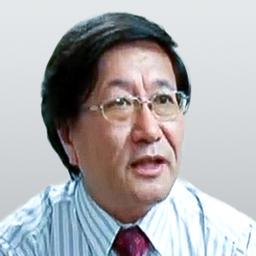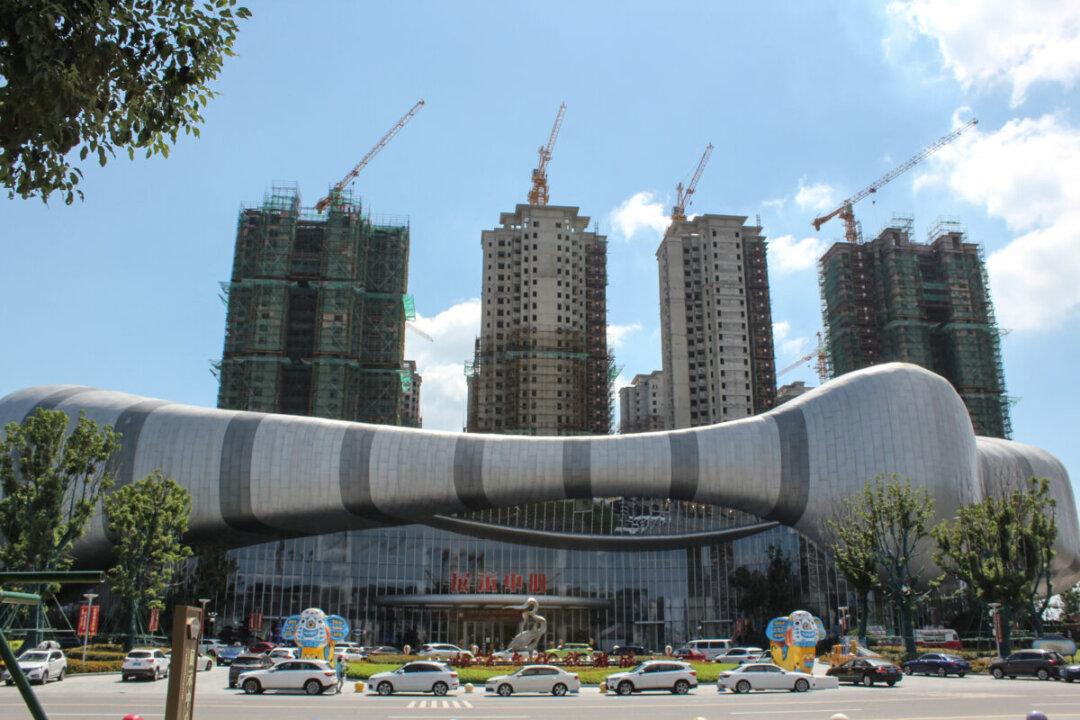Last year the Chinese government coined the phrase “New Normal,” but didn’t explain what it meant. In fact, the “New Normal” means “farewell to prosperity.” It implies that the rapid growth seen in China over the past two to three decades is not likely to continue into the future.
The Chinese people may not even be aware of the causes behind China’s rapid growth over the past two to three decades. I will summarize it here in two stages. The first was the export boom, the second the construction boom.
Export Boom
The “export boom” mainly refers to the trend of many countries going to China with large investments, and transferring their manufacturing to low-wage countries as a result of economic globalization after China formally joined the World Trade Organization in early 2002. This led to China’s rapid export growth, five or six years in a row, of more than 25 percent and sometimes even 35 percent. Such growth was indeed astonishing.
The question is whether a country as big as China can sustain a continuous export growth rate of 25 to 35 percent for two decades. Looking at it rationally, we know it’s impossible. China has a large population and a quarter of the world’s labor force. If China maintained such an export growth, all factories in the world would have to close down, because the size of the world market has an upper limit.






